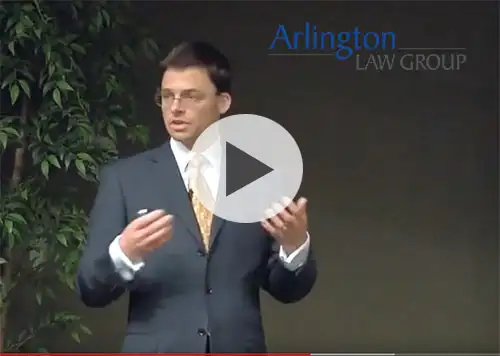January 3, 2023
Estate planning and financial planning can save time, money, and hassle for you, your family and your friends. However, estate planning documents are most useful when your financial accounts and assets work together with the appropriate title and beneficiary designations. After you complete your estate planning documents, it is crucial to have your estate planning attorney and financial planner talk, to ensure that your financial assets coordinate with the estate plan. The process is highly dependent upon your financial assets, insurance, retirement accounts, and how your estate plan is structured, so it is best for you advisors to work directly with each other.
Here are some suggested steps to discuss with your attorney and financial planner after your estate plan is complete:
- Check Beneficiary Designations. Whether you have a Trust or just a basic Last Will and Testament, a beneficiary designation on an account, retirement policy, or in a real estate transfer-on-death deed can supersede your estate planning documents. It is important to ensure that your beneficiary designations on each account work to reinforce and not override your estate plan. Your attorney may advise you to name your Revocable Trust as the sole beneficiary or a contingent beneficiary of your accounts so that the asset does not have to be retitled by the probate court after your death. Tax rules come into play with specific types of accounts, so you may have different beneficiary designations for retirement vs. non-retirement accounts. Make sure to check your workplace life insurance and retirement accounts, as well as any non-employer accounts.
- Check Title. If you have a joint title on an account, real estate, or other assets, and a joint owner survives you, they will typically become the sole owner of the asset, regardless of what your Will or Trust says. This may be appropriate in some cases, but in other cases you may want to make your Revocable Trust the owner of an asset during your lifetime, or add a new spouse or other individual as a joint owner with right of survivorship. Your attorney should prepare any necessary real estate deeds, but you may need your financial planner to help retitle your investment accounts.
- Consider Creditor Protection. In many states, including Virginia, Maryland, and the District of Columbia, spouses can title their real estate as "tenants by the entireties." This special type of title provides both a survivorship benefit – if one spouse dies, the other remains the sole owner by operation of law – and protection from separate creditors – if a creditor is pursuing one spouse, the joint "tenants by the entireties" asset is usually unreachable by the creditor. In a few states, including Virginia, financial accounts and other intangible assets can be titled as "tenants by the entireties." If you are married, your estate planning attorney may recommend that you have your financial planner or banker add this type of title to investments and other savings or checking accounts.
- Safekeep your Last Will and Testament. The one original copy of your signed Last Will and Testament has special legal significance. After someone dies, the executor needs to take the original copy of the Will to the local probate court in order to transfer any probate assets. In Arlington County, Fairfax County, the City of Alexandria, and most Maryland counties, you can take your Will to the courthouse and have the Probate Clerk (in Virginia) or the Register of Wills (in Maryland) hold onto the original for safekeeping. This ensures that your executor will not have to go on a scavenger hunt to find the original, and helps ensure your wishes are carried out.
- Write an Advice Letter. One of the best ways you can help your executors, trustees, and agents, is by writing an advice letter. This can include additional wishes, beyond what is included in your legal documents, as to how you want your affairs managed upon your incapacity or death. Most importantly, your advice letter should describe who to call and where to find assets and important documents. Include the name and phone number of your financial planner, estate planning attorney, accountant, insurance agent, and the location of any safe or safe deposit box keys, your original Last Will and Testament, life insurance policies, real estate deeds, and any other important documents. This can save significant time for the people taking care of you or your financial affairs. We have another article and a sample advice letter template to get you started.
If you already have an estate planning attorney and financial planner, you’re doing a great job planning for the future. Ensuring that your financial planner and estate planning attorney work together provides an even more powerful team to help take care of you and your chosen beneficiaries.

